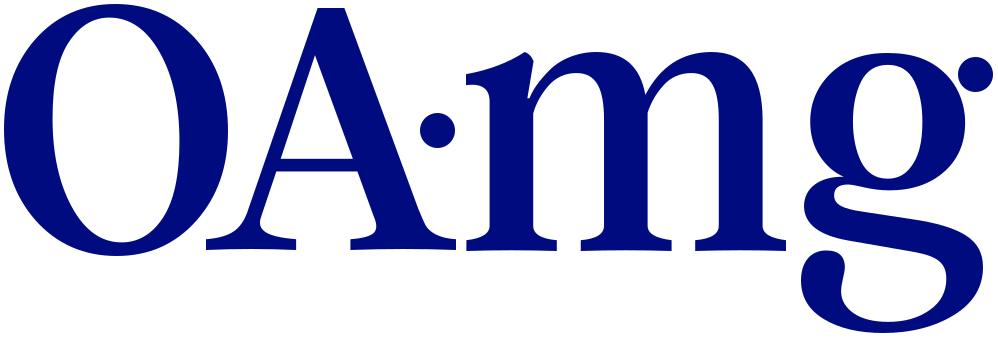PORE FORMATION DURING SINTERING OF TWO DIFFERENT COMPOSITES MATERIALS(Fe-Cu) & (Fe-Cu-C) AND ITS EFFECTS ON WEAR BEHAVIOR
Keywords:
Powder Metallurgy, Composite materials, Porosity, WearAbstract
The effect of pores in Fe- Cu and Fe-Cu-C generated by sintering with solid-state has been studied. The additive alloying elements Cu & C and the size of the pores were affected by wear rate, therefore the carbon reduces the wear rate, and larger pores lowing the wear rate. Geometrical distributions of the secondary pores were independent of Cu and C fractions used. Structural materials sintered with solid-state and Argon atmosphere (Ar), it seems therefore desirable to use as fine alloying powders as possible to attain optimum wear resistance. This work was done in two stages: First stage, pore formation during sintering with two different additive alloying elements Cu & C. While the second stage wear test was performed by using the pin-on-disc machine for different loads (2, 4, 6, and 8 N) to each composite material used in this work under dry sliding conditions. The results showed that obvious improvement in wear resistance for C additive alloying element more than Cu.
References
Downloads
Key Dates
Published
Issue
Section
License

This work is licensed under a Creative Commons Attribution 4.0 International License.

















